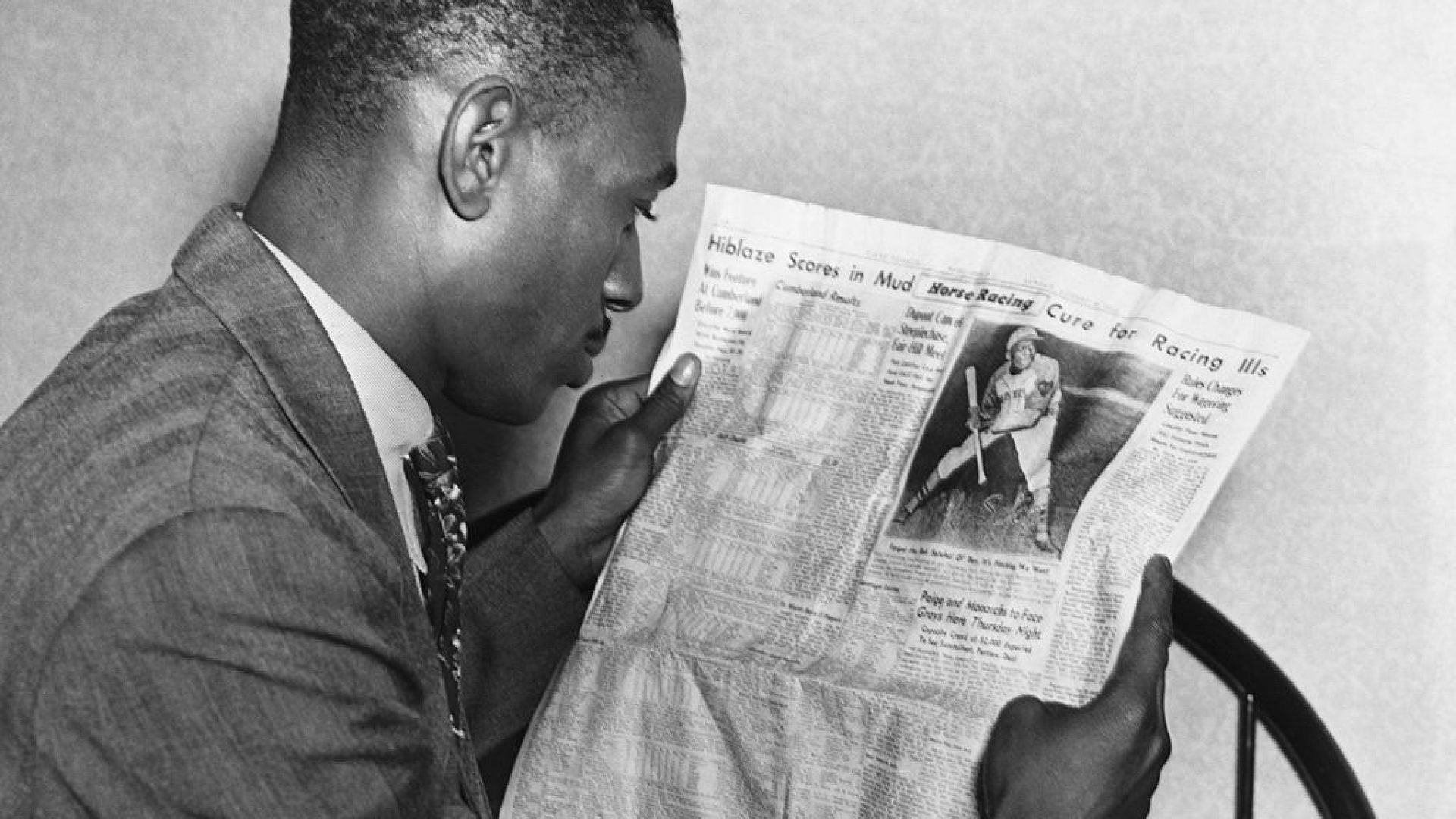
Published over the weekend, the historic Kansas City Star provided readers with a look at the outlet’s internal review of its past coverage, which, according to editor Mike Fannin, contributed to the disenfranchisement of Black communities in the city.
“Through sins of both commission and omission — it disenfranchised, ignored and scorned generations of Black Kansas Citians,” wrote Fannin in a Sunday editorial. “The Kansas City Star prides itself on holding power to account. Today we hold up the mirror to ourselves to see the historic role we have played, through both action and inaction, in shaping and misshaping Kansas City’s landscape.”
Fannin led readers through a recounting of the paper’s role in shaping pivotal moments in Kansas City’s history as well as instances where the paper failed to acknowledge the experiences and achievements of Black people in the city. He pointed to the overlooking of famous Black Kansas Citians like jazz legend Charlie Parker.
Mará Rose Williams, an education reporter at the Kansas City Star, ignited the idea with suggestions she raised during internal staff conversations around the paper’s own history. This led to a six-part investigative series of significant journalistic failures of the paper. Williams took up the issue of the Star’s coverage of a 1977 flood that focused on the suburbs and overlooked the damage done to other parts of the community including over two dozen deaths.
Star staff spent time looking through the outlet’s archives as well as past coverage from Kansas City’s Black papers The Kansas City Call and the Kansas City Sun. The Star is exploring ways to make coverage more available to the broader community including a partnership with the public library.
Sunday’s revelation caught the attention of Media 2070, an organizing effort to address the media’s role in anti-Blackness and exacerbating inequities. The project is also exploring the necessity of media reparations for Black communities.
A project of the Free Press, a media nonprofit, Media 2070 released an in-depth essay looking at U.S. media participation in ant-Black racism and harm. According to the site, the project looks to “radically transform who has the capital to tell their own stories by 2070 — 50 years from today.” The project reimagines media as an agent of transformation leading to full freedom and democracy for all.
In an interview with Muck Rack in July, Media 2070 co-creators and leadership collective explained the driving force behind the project and how it fits within efforts at the federal and local levels for reparations for Black people. “We want to figure out what the media aspect of those broader reparations packages is, both thinking about specific media policy but also media, journalism and technology being named within broader packages and policies being passed,” said Alicia Bell, Free Press’ News Voices organizing manager.
“This culture that news created and that media helped create became the foundation and the underbelly that the policies were able to stand on,” Bell said.